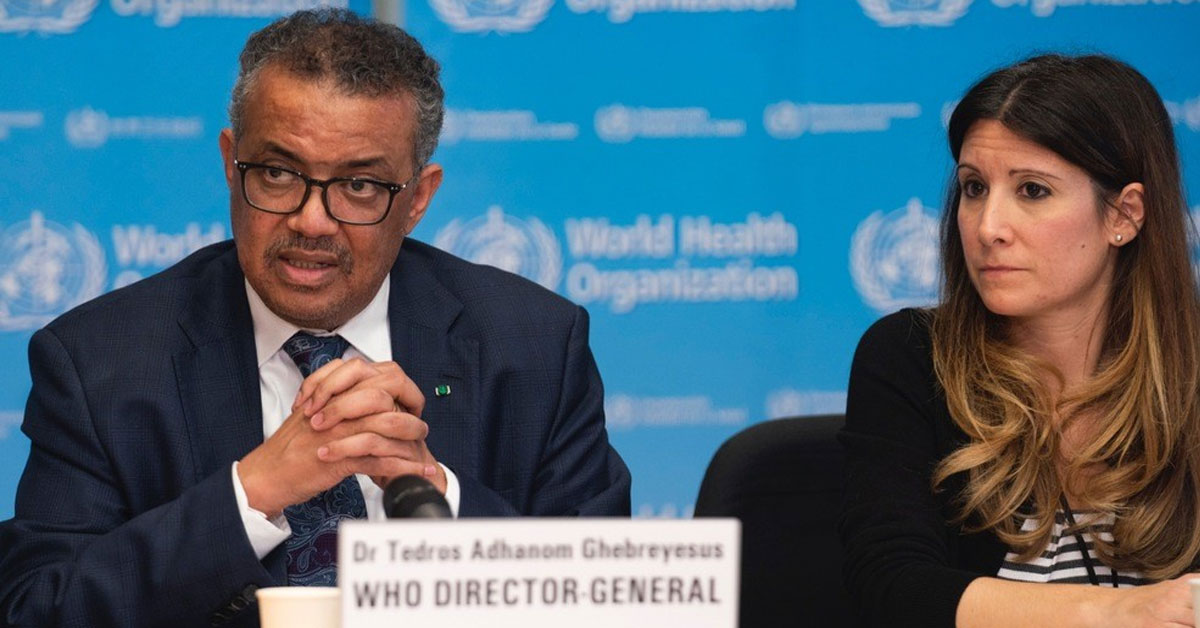Besides adding terms like asymptomatic, herd immunity, and immunosuppressed to your vocabulary, the Covid-19 pandemic has also familiarised you with the World Health Organisation, or WHO for short.
While this may be a good thing, it’s also led to frustrating conversations like this:
A: Oh no, the WHO declared Covid-19 a pandemic.
B: Who?
A: Yes.
B: No, who declared the coronavirus outbreak a pandemic?
A: Yes.
B: *starts twitching* I’M ASKING YOU WHO DECLARED COVID-19 A PANDEMIC GODDAMIT
A: WELL WHY ARE YOU ASKING IF YOU ALREADY KNOW!?
B: *faints*
The WHO, which really should have picked a less confusing acronym, has been the organisation governments have turned to for direction and advice during the coronavirus crisis, often implementing or easing restrictions based on the agency’s recommendations.
But – and this is a sentence I’d never thought I’d say – who exactly are the WHO?
Well, here are 10 facts about the WHO, the organisation you may not have known much about before Covid-19.
1. It Was Established in 1948
I’m not exaggerating when I say that this organisation is old. Like more than 70 years old.
It was established on 7 April 1948, which is commemorated as World Health Day.
Like your history teacher told you as you were struggling to stay awake, after the first world war ended, an intergovernmental organisation called the League of Nations was set up to maintain world peace.
Then, three years after the second world war ended, the WHO incorporated the assets, personnel, and duties of the League of Nations’ Health Organisation.
2. Its Main Objective is to Facilitate International Cooperation to Improve Public Health Conditions
The WHO’s Constitution states that its main objective “is the attainment by all people of the highest possible level of health”.
It acts as the directing and coordinating authority on international health work and provides leadership on matters critical to health.





